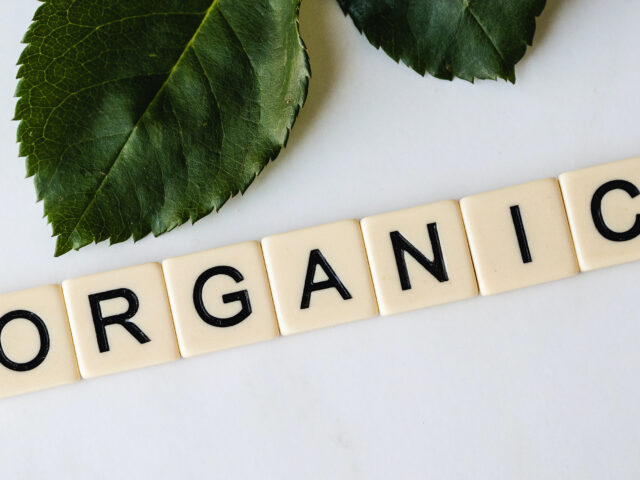“Organic” has become a buzz word which sells products today. Customers look for it on packages, and some won’t buy anything unless it is organic. A few skeptics would even question whether our earth in its present condition could actually produce something which is truly organic. Organic, in the sense we want to refer to it in this writing, is something derived from animal or plant matter that is or was alive, not including synthetic life or cloned forms. Amazingly, a scientist in the U.K., Dr. Craig Venter, a multi-millionaire pioneer in genetics, has successfully created a synthetic living cell.1 He and his team have managed to make a completely new life form from a mix of chemicals. They manufactured a new chromosome from artificial DNA in a test tube, then transferred it into the empty shell of a cell and watched it multiply. Is this the definition of being alive? When will it die? The basic elements of this form of life are a hybrid compound of an organic shell and man-made infusion of chemicals. This chemical concoction combined within an organic container will be most challenging to dispose of without adverse effects to human life. Basic elements need to be separated into piles in order for them to be reused. Some would wonder, “Does this artificial life have a mind of its own?” Some agree that our DNA dictates who we are; it is an amazing code for life even determining personality. But what code was written into this life when created in a lab? Who will think for this life form in the future? Will it be infused with some AI (Artificial Intelligence)? AI has taken leaps in recent time, but it is just that, “artificial”. It is mind boggling to think of the consequences of the ability to create a “living” creature and impart it with a form of intelligence that is not human, but has the ability to evolve on its own. Who will become the dominant life form, the organic or the artificial? Who will control whom? Will this created being intended to be our slave instead become our master? Will it all spiral out of control? Man will continue to complicate and contaminate lives with hybrid creations.
In the scientific world, the acronym MRS GREN represents the seven characteristics which need to be present in order for something to be alive: Movement, Reproduction, Sensitivity, Growth, Respiration, Excretion, and Nutrition.2 In my elementary science class, the teacher awakened the class by asking, “What proves that something is alive?” When a student suggested movement, the teacher noted that a severed spider’s leg still moves but doesn’t meet the criteria to be alive. Growth was suggested, and he responded that hair will continue to grow on deceased people. The teacher systematically negated every answer the students voiced. Reproduction was not mentioned. My teacher established that reproduction was a single definer of life. If an organism can reproduce itself, then it would probably meet the other six criteria. Scientifically, man was not really alive or sustainable until his ability to reproduce was created. God had that figured out before Eden (Isaiah 46:9-10). When man was created, the need for relationship was created along with him. God did not deem man alone to be “good” until he was given the ability to procreate through the creation of woman. When humans produced offspring, they fulfilled the original intent of God. As a result, living organisms were deemed “good” because they were sustainable, flourishing with growth, and would reproduce themselves.
1 The Editors of Encyclopaedia Britannica. “J. Craig Venter.” Encyclopædia Britannica, Encyclopædia Britannica, inc., 10 Oct. 2022, www.britannica.com/biography/J-Craig-Venter.
2 “Mrs Gren.” Basic Biology, 5 Oct. 2020, basicbiology.net/biology-101/mrs-gren.
Author: Wilf Scheuermann, excerpt from the transcript, God’s Grade ©2015; Photo by Fuzzy Rescue: https://www.pexels.com/photo/green-leaves-and-organic-word-3669640/

